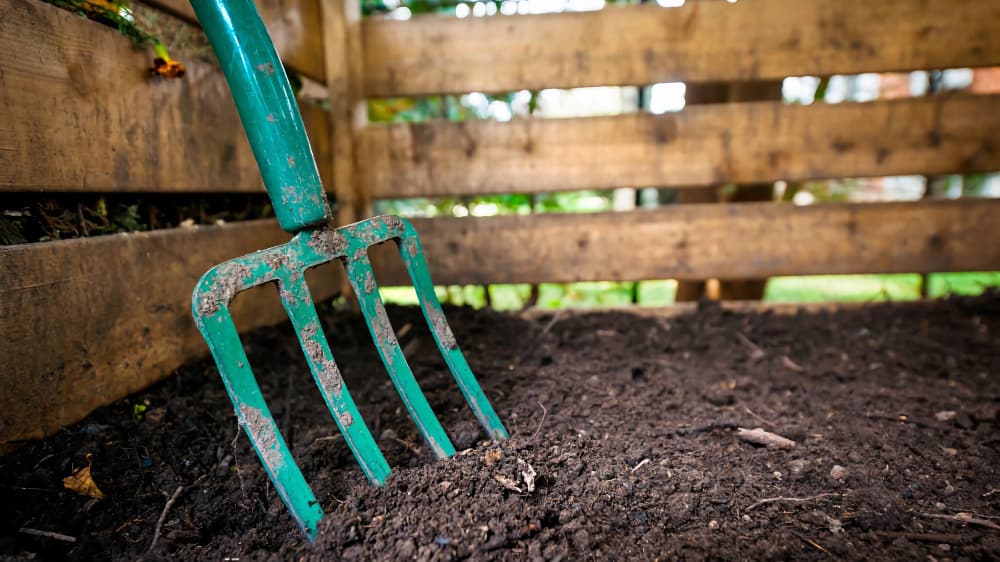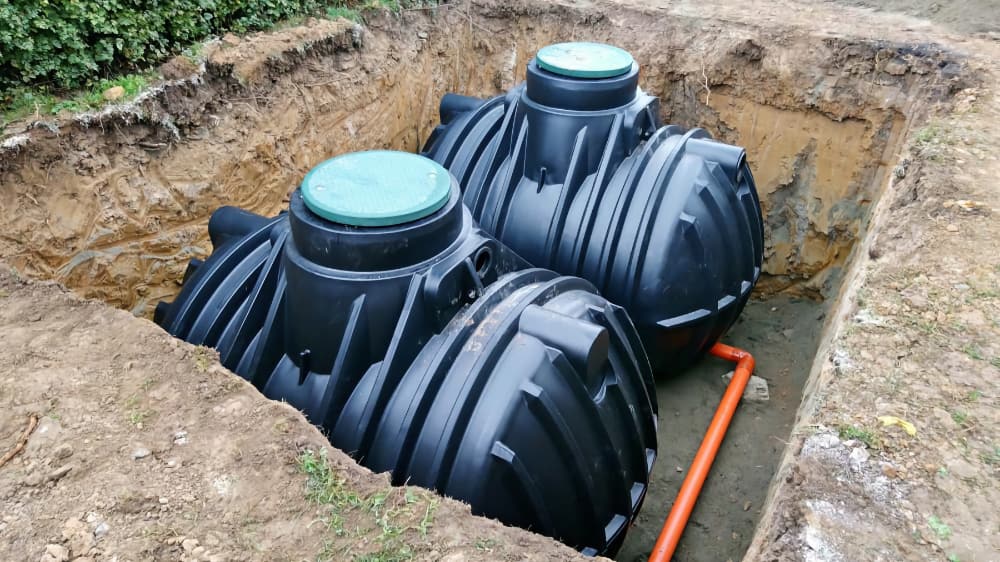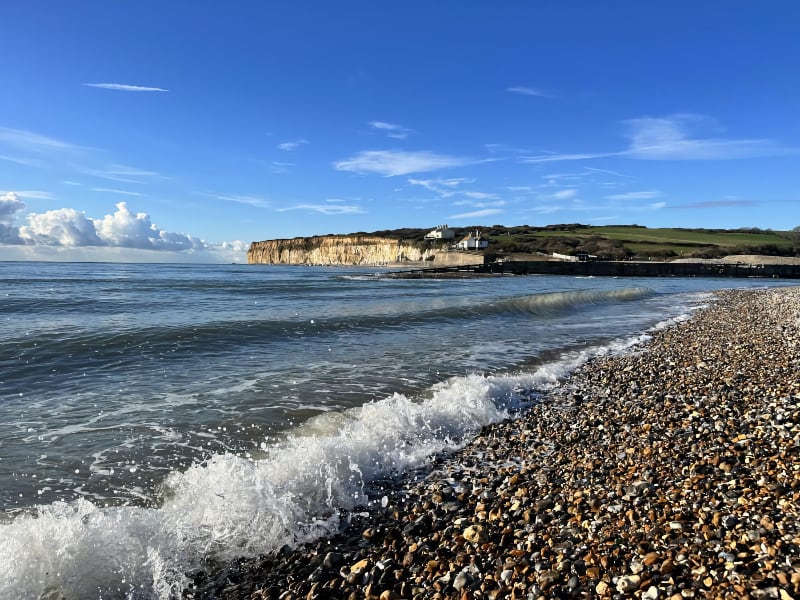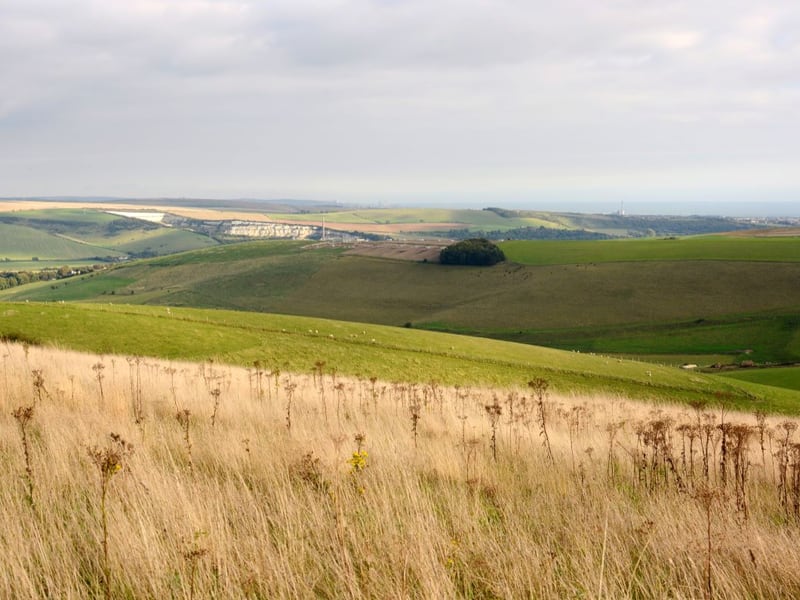
Over the last decade, organic landscaping practices have been steadily gaining traction in public spaces across Britain. An increasing number of city councils and local authorities are making the switch from synthetic chemicals to organic techniques for maintaining parks, playgrounds and other community green spaces. This shift is being driven by mounting evidence of the ecological benefits of organic landscaping, as well as its positive impacts on public health and cost savings.
It’s clear that organic landscaping has compelling advantages that make it a sustainable and common-sense choice for public projects. We’re always looking for ways to live more sustainably, but how often do we consider how our public spaces play a role in this? Here, we’ll explore the arguments in favour of organic practices for landscaping public spaces like parks and playgrounds, and why organic landscaping offers a fiscally and environmentally responsible approach for the UK.
The Case for Organic Landscaping
Organic landscaping takes a holistic approach to green space management without the use of synthetic chemicals. It relies on practices like utilising organic compost, biological pest control and plant rotations to enrich soil health. There are compelling environmental, health, and economic arguments for adopting organic landscaping strategies in public spaces across the UK.
Firstly, organic landscaping techniques promote biodiversity and restore ecosystems by avoiding toxic pesticides and fertilisers. Healthy soil is the foundation of a thriving habitat, and organic methods improve soil structure and water retention. This allows more nutrients and organisms to flourish in the soil, rather than being washed away into waterways. Enhancing soil biology also strengthens plants against diseases and pests naturally. In turn, this supports pollinators and wildlife above and below ground.
Eliminating synthetic chemicals from public spaces also reduces risks to human health, particularly for park visitors and groundskeepers. Pesticide exposure has been linked to chronic illnesses, reproductive issues and neurological damage. Young children who play on chemically treated lawns and surfaces are especially vulnerable. Organic management avoids these hazards, encouraging more children to public spaces, something that’s close to our heart.
The Outdoor Guide Foundation’s Waterproofs and Wellies campaign is aiming to help more children get outdoors and experience the enhanced wellbeing, increased exercise and educational benefits that the great outdoors can offer. Developing more sustainable spaces that are child-friendly and safe is a key component of enabling children to experience outdoor spaces securely.

Finally, studies show that organic landscaping can reduce long-term costs for public green space maintenance. This can help reduce labour costs for local councils and organisations, since once established, organic landscapes are more drought tolerant and have fewer issues with erosion, runoff and invasive weeds. The upfront investment pays dividends through ongoing savings by minimising disease outbreaks and removing the need for chemical applications to maintain spaces.
Implementing Organic Solutions in Public Spaces
Transitioning large public parks and playgrounds to organic management presents some challenges, but many resources and strategies exist to support the shift. Councils will need to train groundskeeping teams in organic methods and invest in equipment for practices like mechanical weeding.
The National Trust is a great example of organisations demonstrating the feasibility of eco-friendly landscaping and environmentally friendly alternatives. Their experience can provide valuable guidance, particularly when it comes to implementing renewable energy initiatives. For example, Kingston Lacy in Dorset where renewable power is switching to renewable heating systems to save around 57 tonnes of carbon every year.
Policy changes are also critical to drive the adoption of organic landscaping. Some UK cities like Bristol already have action plans to eliminate pesticide use, aiming to reduce their use by at least 50 per cent by 2030. National and local governments can set organic management targets, transition grants and standards for public green space maintenance.
To incorporate organic landscaping, councils should select native plant species that thrive in the local climate and soil conditions, ensuring they require minimal water and maintenance. Implementing rainwater harvesting systems can also help sustain plant life during dry periods while conserving water resources, and permeable surfaces like gravel or mulch that reduce stormwater runoff and prevent soil erosion.

The Triple R approach to landscaping will be critical to creating more organically managed spaces in the UK. This is a simple but very powerful idea that aims to Reduce, Reuse and Recycle materials used in public spaces. Reduce focuses on minimising waste by using products or layouts that require fewer materials and energy to maintain, such as bamboo or cork which are fast-growing and sustainable. Reuse means opting for items that can be repurposed at the end of their life. Lastly, recycling incorporates materials that encourage circularity, such as metal or glass that are infinitely recyclable, removing the need for virgin resources.
Finally, getting community members invested in organic spaces is key. Organisations like Learning Through Landscapes are bringing kids into parks for hands-on organic gardening and outdoor learning. Such initiatives help build public enthusiasm for chemical-free green spaces, while educating the next generation. With the right strategies and support, a national movement towards organic landscaping of public areas is achievable. The environmental, health and economic rewards will be substantial.
Embracing the Win-Win-Win of Organic Landscaping
The transition to organic landscaping in public spaces presents a win-win-win scenario for the environment, public health and profits. By embracing organic practices, we can foster thriving ecosystems, safeguard human health and ensure responsible spending of public resources. This shift requires collective action though. Local authorities play a crucial role in implementing organic strategies, training groundskeeping teams and promoting community engagement.
The journey towards organic public spaces is not without challenges. However, the potential rewards are immense. It’s time for all stakeholders to join forces and create a greener future, one park and playground at a time. By fostering healthy, vibrant public spaces, we invest in the well-being of our environment, ourselves, and generations to come.














